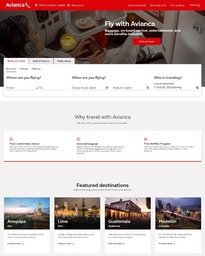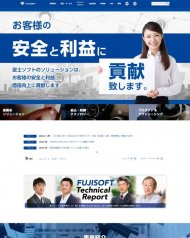Avianca 2017
Abstract
In September 2017, Hernan Rincon, the CEO of Avianca, the leading airline company in Colombia and the second largest in Latin America was thinking about what to do next after the conclusion of a pilot strike carried by the ACDAC union, which represents more than 700 of the 1,300 Avianca Airline pilots working in Colombia. They began a strike, after failing to reach a deal during years of negotiations, demanding equal pay and better working conditions. When the company went to bankruptcy in 2002, it was focused on cost-cutting as their primary strategy and were helped by all employees that committed to receive minimum annual salary increases. Now, that Avianca has a competitive position in the market and counts with economic stability, Pilots are denouncing inequity with the non-unionized employees, extended working hours and they demand their salaries to be in line with those received by Avianca pilots in other countries, who earn 30% to 70% more than local pilots. However, for Avianca that high increase in wages and a number of benefits exceed the limits of the company and were inadmissible since puts at high risk the company's sustainability and competitiveness. The strike lasted for 51 days putting in risk the financial stability of Avianca. It cost Avianca lost earnings of USD$76 million and represented a huge impact for the Colombian economy, since the movement of passengers is mainly dependent on Avianca. This is considered the longest strike in the world on a commercial airline. “The airline lost, the pilots and their families lost; the country lost, as did industry, commerce and tourism”.
Detailed information
| Case ID | 18-1092 |
|---|---|
| Published | 2018 |
| Industry | AIR TRANSPORT |
| Analyzed Area | Organizational behavior & leadership |
| Pages | 28 |
| Language | English |
| Teaching Note | Attached |

 Brochure
Brochure
 Info Session
Info Session
 Application
Application
 Alumni Voices
Alumni Voices





